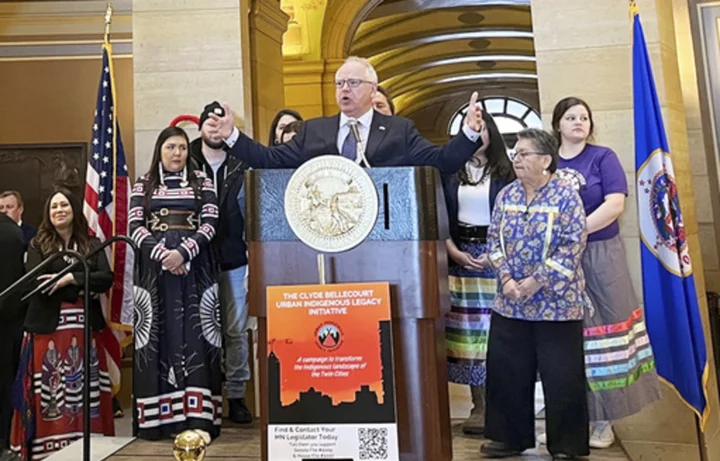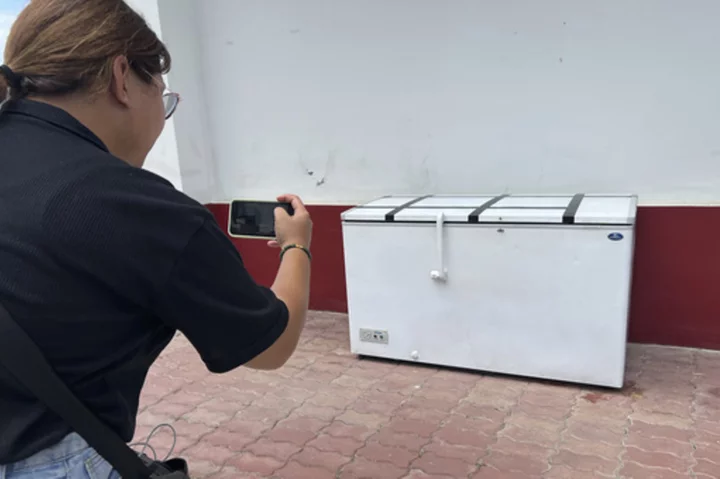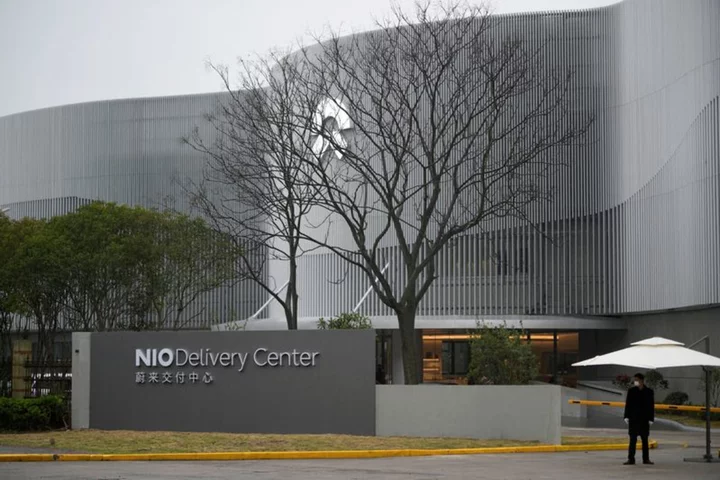A generation ago nonprofit organizations regularly lobbied for legislation and served as advocates on issues. But according to a recent survey, charities are now far more reluctant to seek to influence lawmakers and other policymakers.
The survey, conducted for Independent Sector, a membership organization of nonprofits and grantmakers, found that less than one-third of nonprofits have actively advocated for policy issues or lobbied on specific legislation over the past five years, down from nearly three-quarters of nonprofits in 2000.
And even though nonprofits work on a range of issues that are affected by policy choices, such as funding for the arts and science and policies on hot-button issues like abortion and gun control, less than one-third of nonprofits said they were well-versed in how to legally conduct advocacy campaigns and how much lobbying they were permitted to do. Twenty years ago more than half knew the rules, the survey found.
The survey, based on questionnaires completed by 2,282 charities had a margin of error of 2 percentage points.
“This is a missed opportunity for nonprofits,” said Akilah Watkins, president of Independent Sector. “We want them to get off the sidelines and to get back on the field.”
Holding nonprofits back, Watkins said, was a lack of money to hire full-time staff with policy expertise and fear that taking part in debates on policy matters or providing voters with nonpartisan voting guides would put their nonprofit status in jeopardy.
Independent Sector plans to conduct studies to dig deeper into the reasons for the decline, but experts said many nonprofits don’t have the money to engage in policy debates. And some organizations may fear taking public stances on issues, given the heated political environment.
Sticking their necks out could make them targets of political opponents, they said.
The Internal Revenue Service forbids nonprofits from dedicating a “substantial” part of their work to direct lobbying, but they are permitted to spend some of their budgets on influencing policy. Nonprofits are not allowed to rally behind candidates for elected office or political parties, but they can pursue a range of nonpartisan work, including research on important issues, educating voters, and helping get voters to the polls.
Nonprofits were more prone to advocate on policy questions if they belonged to national or local coalitions, according to the survey. That was the case with the Urban Indigenous Legacy Initiative in Minnesota.
This spring, the coalition pressed lawmakers in St. Paul for money to rehabilitate and replace a long list of buildings, many of which were constructed before World War II, that they used to provide services.
By the time the Minnesota legislature gaveled to a close in May, its final budget included $2 million to rehabilitate two emergency shelters operated by nonprofit Ain Dah Yung, $4 million for the Indigenous Peoples Task Force to acquire land for its planned center for arts and wellness, and $300,000 for the New Native Theatre to design a performing-arts space in Minneapolis. In all, projects that the Urban Indigenous Legacy Initiative pushed for secured more than $14 million in state funds.
Some of the local coalition’s members had received previous training during the 2020 election cycle from a national group, the National Urban Indian Family Coalition in Seattle. The nonprofit provides grants, workshops, and training sessions to a group of 27 nonprofits and coalitions nationally that represent Native Americans.
Often, said Janeen Comenote, the group’s executive director, nonprofits don’t have a clear understanding of how they can advocate at the federal, state, or local levels. But it is necessary for nonprofits, particularly those that rely on government contracts, to have a voice in public affairs.
“They have a dog in this fight,” Comenote said.
By the time the Minnesota coalition began its push in the legislature last session, it was a known quantity, said Joe Hobot, president of the American Indian OIC, one of the coalition members.
“That effort built up political capital with our elected legislators,” Hobot said. “When we came knocking on their doors, they knew who we were.”
One of the reasons some nonprofits get the jitters about lobbying is that the rules governing how nonprofits push for policy can be complex.
The most common perception among nonprofits is that the tax code is littered with landmines that have to be “navigated very carefully in order to avoid blowing yourself up,” said Eric Gorovitz, who served in leadership roles at several nonprofits before becoming a principal at the law firm Adler & Colvin.
Nonprofits cannot endorse political candidates, but they can educate voters on policy, and they can draft proposed language for legislation, provide research on policy, and serve as witnesses at legislative hearings.
What trips up many nonprofits, Gorovitz says, is the Internal Revenue Service guidance that nonprofits risk losing their tax-exempt status if a “substantial” amount of their activities are attempting to influence legislation.
While Gorovitz allowed that the IRS regulations on nonprofit advocacy can be confusing, the guidance provided by the agency, he said, is often misunderstood.
“It does not mean ‘don’t lobby,’” he said. “It means lobby. It’s an express invitation in the tax code that says you can lobby.”
In an era of highly contested policy issues on matters such as health care and climate change, there isn’t a shortage of policy choices where nonprofits can have their say. There also is a lot of money at stake, says Heather Iliff, director of Maryland Nonprofits.
Her state, like most others, has enjoyed a budget surplus for several years. And federal support, including the $50 billion opioid settlement and the $550 billion set to be disbursed over the next four years from the 2021 Infrastructure Investment and Jobs Act, has provided nonprofits with lots of opportunities.
“It’s been a target-rich environment” for nonprofit policy advocates, Iliff said.
During the last legislative session in Maryland, nonprofits successfully pushed for legislation that increased the state reimbursement rate for human-service providers and a new law that requires the state to pay nonprofits promptly for services and provide interest-free loans for nonprofits that have to wait for delayed payments.
The payment legislation was especially important to nonprofits that are often required by government contracts to provide services upfront. Any delay in payment after the organization has paid for staff time and other necessary expenses can put a nonprofit’s budget dangerously out of balance and force it to consider things like laying off staff.
Not all nonprofit leaders are lobbying for a bigger piece of the budget. Jim Whitford, for example, wants to shrink government expenditures on things like providing meals for the hungry.
Whitford, who founded the True Charity Initiative, a network of organizations dedicated to ending poverty, believes most nonprofits engage in “handout charity” instead of helping people become self-sufficient. In April, Whitford, who also runs Watered Gardens Rescue Mission, a Christian provider of services to homeless people in Joplin, Mo., testified in favor of instituting a work requirement for the Supplemental Nutrition Assistance Program, better known as food stamps, before the U.S. Senate agriculture committee.
Whitford said the main point of his policy work is to get government out of the picture.
“Big government and government programs often disrupt what would otherwise be healthy and truly helpful charity work at the local level,” he said. “We’re big advocates for returning control of caring for those struggling in poverty to neighbors who know those people better.”
_____
This article was provided to The Associated Press by The Chronicle of Philanthropy. Alex Daniels is a senior reporter at the Chronicle. Email: alex.daniels@philanthropy.com. The AP and the Chronicle receive support from the Lilly Endowment for coverage of philanthropy and nonprofits and are solely responsible for this content. For all of AP’s philanthropy coverage, visit https://apnews.com/hub/philanthropy.









